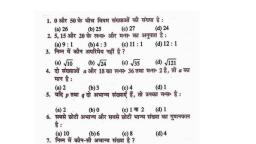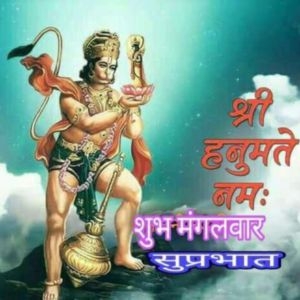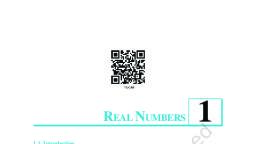Question 1 :
Without actually performing the long division, state whether the following rational number will have a terminating decimal expansion or non -terminating decimal expansion$\displaystyle \frac{7}{210}$
Question 2 :
Fundamental theorem of arithmetic is also called as ______ Factorization Theorem.
Question 4 :
State whether the following statement is true or false.The following number is irrational<br/>$6+\sqrt {2}$
Question 6 :
State whether the given statement is True or False :<br/>$2\sqrt { 3 }-1 $ is an irrational number.
Question 9 :
The LCM of 54 90 and a third number is 1890 and their HCF is 18 The third number is
Question 11 :
According to Euclid's division algorithm, HCF of any two positive integers a and b with a > b is obtained by applying Euclid's division lemma to a and b to find q and r such that $a = bq + r$, where r must satisfy<br/>
Question 12 :
Euclid's division lemma states that for two positive integers a and b, there exist unique integers q and r such that $a = bq + r$, where r must satisfy<br>
Question 13 :
Use Euclid's division algorithm to find the HCF of :$196$ and $38220$
Question 14 :
Assertion: $\displaystyle \frac{13}{3125}$ is a terminating decimal fraction.
Reason: If $q=2^n \cdot 5^m$ where $n, m$ are non-negative integers, then $\displaystyle \frac{p}{q}$ is a terminating decimal fraction.
Question 15 :
Which of the following irrational number lies between $\dfrac{3}{5}$ and $\dfrac{9}{10}$
Question 16 :
The greatest number that will divided $398, 436$ and $542$ leaving $7,11$ and $14$ remainders, respectively, is
Question 18 :
If $a=107,b=13$ using Euclid's division algorithm find the values of $q$ and $r$ such that $a=bq+r$
Question 19 :
................. states the possibility of the prime factorization of any natural number is unique. The numbers can be multiplied in any order.
Question 21 :
Using fundamental theorem of Arithmetic find L.C.M. and H.C.F of $816$ and $170$.
Question 22 :
State whether the following statement is true or false.The following number is irrational<br/>$7\sqrt {5}$
Question 25 :
............. states that for any two positive integers $a$ and $b$ we can find two whole numbers $q$ and $r$ such that $a = b \times q + r$ where $0 \leq r < b .$
Question 26 :
State whether the following statement is true or not:$\left( 3+\sqrt { 5 }  \right) $ is an irrational number. 
Question 29 :
Determine the HCF of $a^2 - 25, a^2 -2a -35$ and $a^2+12a+35$
Question 30 :
The ........... when multiplied always give a new unique natural number.
Question 31 :
State whether the following statement is true or not:$7-\sqrt { 2 } $ is irrational.
Question 32 :
If $x=6+2\sqrt {6}$, then what is the value of $\sqrt { x-1 } +\cfrac { 1 }{ \sqrt { x-1 } } $?
Question 33 :
Find the dividend which when a number is divided by $45$ and the quotient was $21$ and remainder is $14.$
Question 34 :
The number of times $79$ must be subtracted from $50,000,$ so that the remainder is $43759$ is 
Question 35 :
If any positive' even integer is of the form 4q or 4q + 2, then q belongs to:<br/>
Question 37 :
Say true or false:A positive integer is of the form $3q + 1,$ $q$  being a natural number, then you write its square in any form other than  $3m + 1$, i.e.,$ 3m $ or $3m + 2$  for some integer $m$.<br/>
Question 39 :
The value of $\sqrt { 1+2\sqrt { 1+2\sqrt { 1+2+.... } } }$ is
Question 40 :
When a natural number x is divided by 5, the remainder is 2. When a natural number y is divided by 5, the remainder is 4. The remainder is z when x+y is divided by 5. The value of $\dfrac { 2z-5 }{ 3 } $ is






































